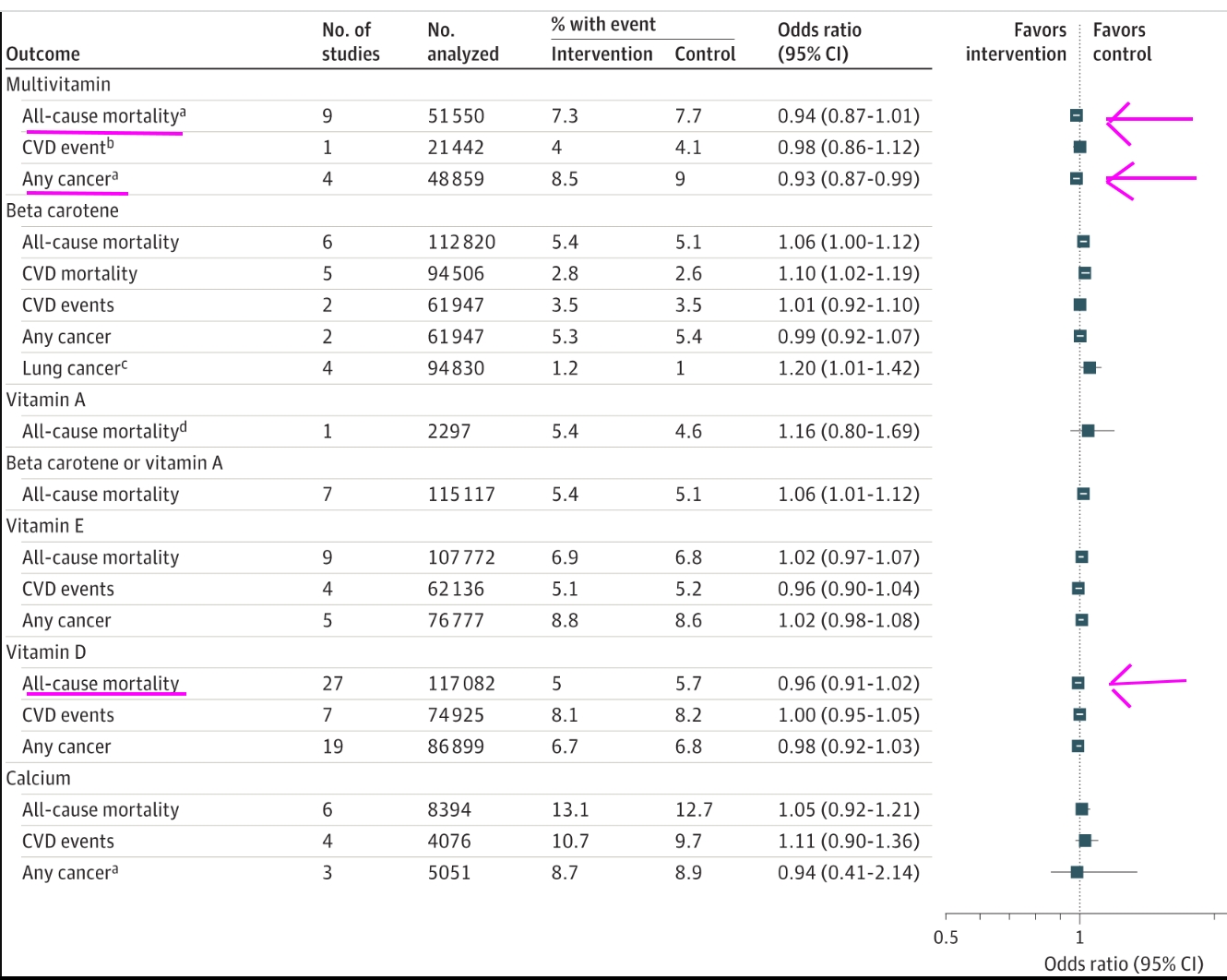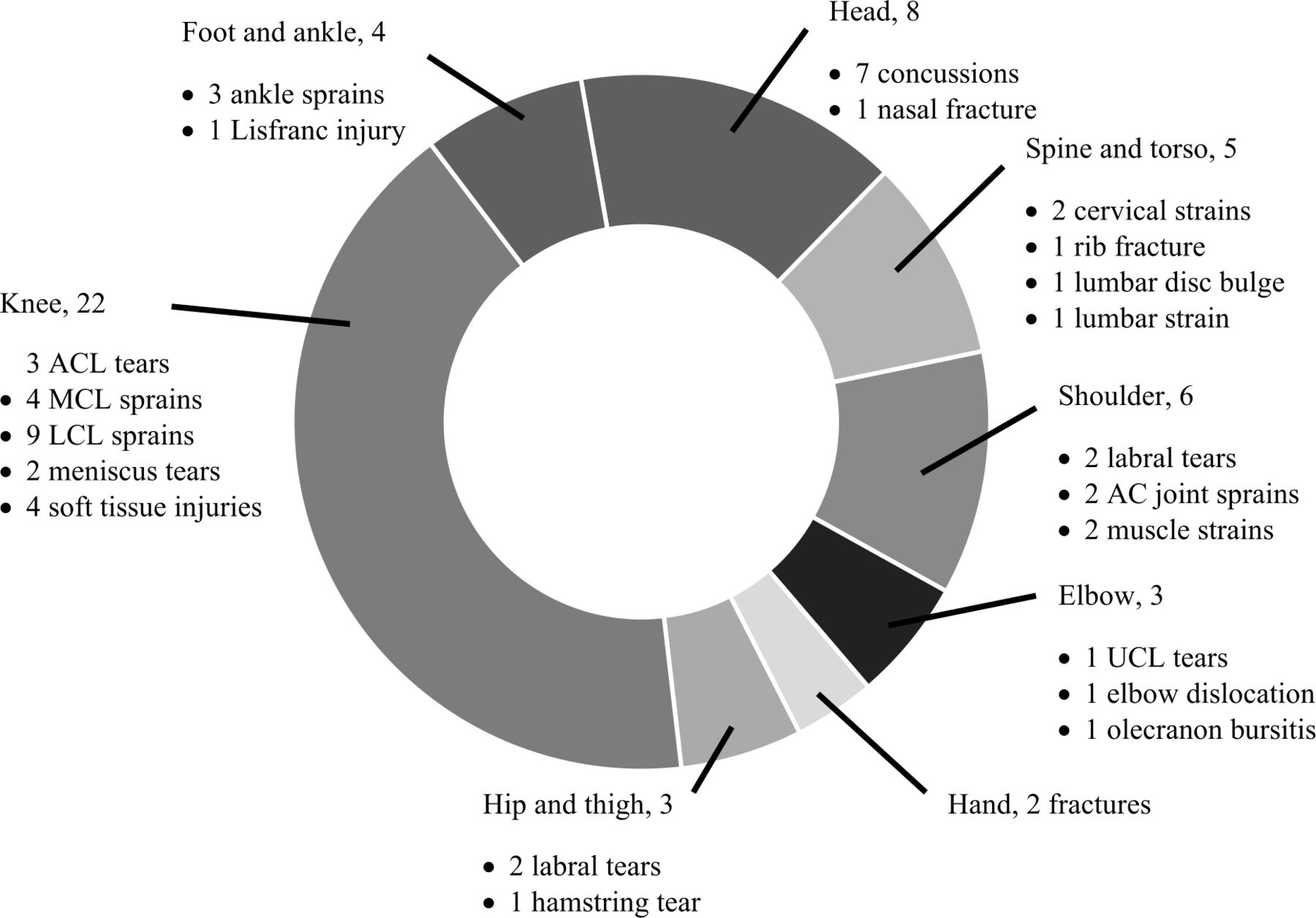Nutrient Adequacy Is Associated with Reduced Mortality in US Adults
Kyungho Ha The Journal of Nutrition, Volume 151, Issue 10, October 2021, Pages 3214–3222,
Background
Americans are underconsuming essential nutrients while overconsuming several nutrients, including sodium, saturated fat, and added sugars. Suboptimal nutrition may be linked with mortality risk; however, few studies have evaluated the associations of underconsumed and overconsumed nutrients in a comprehensive manner among the US population.
Objectives
This study investigated the association between nutrient intake through diet and mortality focusing on adequacy, moderation, and macronutrient quality in US adults.
Methods
Based on the 1999–2010 NHANES, 20,602 adults aged ≥30 y were followed up until December 2015. Nutrient intake was assessed using a 1-d 24-h dietary recall. Adequacy of major underconsumed nutrients in the United States was evaluated using the RDA (percent of RDA) or Adequate Intake (percent of AI). Overconsumed nutrients for which moderation is needed were assessed based on various dietary recommendations. Macronutrient quality was evaluated using the ratio of carbohydrates to dietary fiber, essential amino acids, and EPA + DHA. The association between nutrient intake and mortality was evaluated using Cox proportional hazards regression analysis.
Results
Higher intakes of vitamin E, magnesium, iron, dietary fiber, and potassium relative to the RDA/AI were associated with lower all-cause mortality. High intake of vitamin A (tertile 3: ≥80.1% of RDA) was associated with lower mortality from cardiovascular disease (CVD; HR: 0.75; 95% CI: 0.57, 0.99) and cancer (HR: 0.76; 95% CI: 0.62, 0.94), and high intake of calcium (tertile 3: ≥87.8% of RDA) was inversely associated with cancer mortality (HR: 0.72; 95% CI: 0.56, 0.93). Higher intakes of essential amino acids and EPA + DHA evaluated as quartiles were inversely associated with all-cause and CVD mortality.
Conclusions
These findings suggest that higher intakes of underconsumed nutrients and improving macronutrient quality are associated with lower risk of CVD and cancer deaths in US adults.















